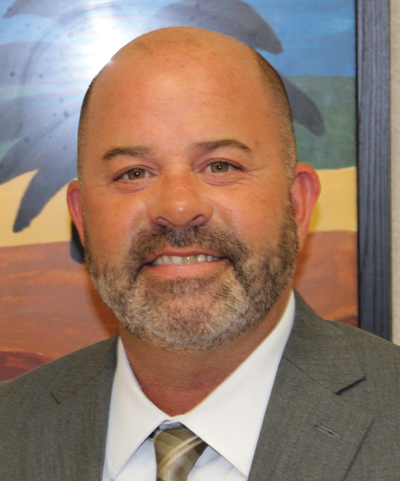How New Research Is Changing Our Understanding of ASD – And Why More Research Still Needs to Be Done

New and Compelling Autism Research Developments
New research developments out of Flinders University in Australia are helping to shed light on how little we know about autism and how someone on the spectrum processes the world around them while also challenging some of the common misconceptions. The purpose of the study was to determine how well someone on the spectrum was able to process people's facial expressions, such as distinguishing different emotions such as anger or sadness.
The researchers concluded that...
"It is generally considered that autistic individuals may have difficulty recognizing other people's facial emotions. However, little is known about their awareness of any emotion recognition difficulties they may experience. This study indicates that, although there is considerable individual variability, autistic adults were as sensitive to variations in the accuracy of their recognition of others' emotions as their non-autistic peers."
Therefore, contrary to widespread belief, there was no evidence of autism-related deficits in metacognitive awareness of emotion recognition based on the study's findings. Although the study's pool of participants was limited to adults and the fact that no two individuals on the spectrum are the same, this type of research is helping to challenge common misconceptions on what it means to have autism spectrum disorder (ASD).
Another recent 2023 study sought to determine the validity of the notion that deficits in socio-emotional reciprocity, prosocial behavior, and developing social relationships – considered to be one of the defining criteria of ASD – are prevalent among all individuals on the spectrum. Due to the false belief that individuals on the spectrum can not relate to or understand others' emotions, it is also commonly misconceived that a person with autism is unable to display empathy or consider the needs of others. According to the study, however, "The unexpected finding of more prosocial behavior in adolescents with autism spectrum disorder than in neurotypical controls adds to the complexity of previously published results."
As with any study, the findings are limited to the selected participants, and there is always a need to factor in individual variation when it comes to applying these findings to the autism community. Ultimately, compelling findings such as this, which challenge previously accepted assumptions about ASD, are helping to garner a renewed interest among the scientific and autism research communities.
The Need for Continued Research
As anyone with a close friend or loved one on the spectrum can attest – autism is not a one-size-fits-all condition. Many of the negative stereotypes associated with autism are not only false but can be very hurtful and damaging to an individual's psyche. Although people with ASD may process information differently and interact with the world around them in their own way, it does not mean that they are unable to recognize and reciprocate human emotions such as love and empathy.
In addition to erasing negative and outdated stereotypes, many researchers and experts assert that continued autism research is critical for developing more effective treatment methods and implementing holistic, lifetime social support structures for children and adults on the spectrum to help improve their overall quality of life. It is also vital for breaking the social barriers and providing neurotypicals with a better understanding of what it means to have autism and how to relate to them – rather than it being the other way around.
Request a Tour of The Gateway School

Since 1980, RKS Associates has been a leader in providing the needs of special education students and helping children grow to their fullest potential. Each of our schools seeks to empower each student with skills for life, work, and recreation; we believe that every individual possesses the dignity and potential to contribute to a better world.
As part of the RKS Associates Network of schools in New Jersey, the goal at the Gateway School is to assist all students in becoming as independent as possible and help them get ready for the future. Located in Carteret, NJ, we serve individuals throughout Central and Northern New Jersey. Contact us at our main office at 732.541.4400 with any questions or schedule a private tour of the Gateway School today.
Kevin Jones Principal-The Gateway School of Carteret, NJ


